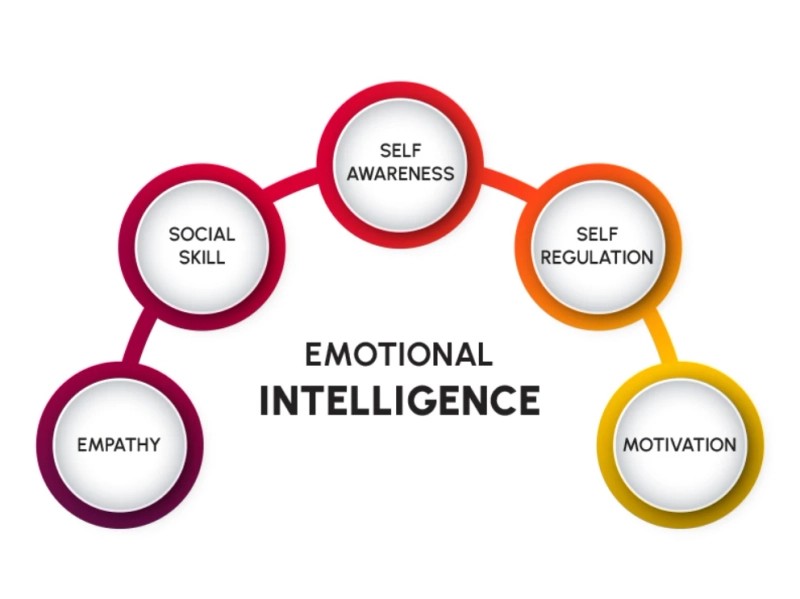In today\'s fast-paced and ever-changing business landscape, effective leadership is crucial for success. One key aspect of successful leadership is the ability to understand and navigate the complex relationships between emotional intelligence and diversity. In this article, we will explore how emotional intelligence courses and diversity intersect in the realm of leadership.
The Importance of Emotional Intelligence in Leadership
Emotional intelligence, or EQ, refers to the ability to recognize, understand, and manage one\'s own emotions, as well as the emotions of others. Leaders with high emotional intelligence are better equipped to navigate challenging situations, inspire their teams, and foster a positive work environment. By being self-aware and empathetic, emotionally intelligent leaders can build strong relationships and lead by example.
How Diversity Enhances Leadership
Diversity in leadership refers to the representation of individuals from different backgrounds, cultures, and perspectives in decision-making roles. Research has shown that diverse leadership teams are more innovative, creative, and effective at problem-solving. By bringing together individuals with unique experiences and viewpoints, diverse teams can better adapt to change, anticipate market trends, and outperform homogeneous teams.
The Intersection of Emotional Intelligence and Diversity in Leadership
When emotional intelligence and diversity intersect in leadership, powerful synergies can emerge. Emotionally intelligent leaders are better able to navigate the complexities of leading diverse teams, as they can effectively communicate, resolve conflicts, and foster a culture of inclusion. By valuing and embracing diversity, emotionally intelligent leaders can leverage the strengths of their team members and create a more dynamic and high-performing organization.
Benefits of Emotionally Intelligent and Diverse Leadership
- Improved communication: Emotionally intelligent leaders can tailor their communication styles to different team members, fostering better understanding and collaboration.
- Enhanced decision-making: Diverse leadership teams bring a variety of perspectives to the table, leading to more well-rounded and informed decisions.
- Increased innovation: By embracing diversity and encouraging open dialogue, emotionally intelligent leaders can spark creativity and innovation within their teams.
Challenges and Opportunities
While the intersection of emotional intelligence and diversity in leadership offers numerous benefits, it also presents challenges. Leaders must be willing to confront their biases, actively promote inclusivity, and cultivate a culture of respect and understanding. By investing in training and development programs that focus on emotional intelligence and diversity, organizations can create a more inclusive and high-performing workplace.
Conclusion
In conclusion, the intersection of emotional skills and diversity in leadership is a powerful force for positive change. By cultivating emotional intelligence, embracing diversity, and fostering a culture of inclusivity, leaders can create dynamic and innovative organizations that thrive in today\'s global marketplace. As we continue to navigate the complexities of the modern business world, it is essential for leaders to recognize the importance of emotional intelligence and diversity in driving success.


